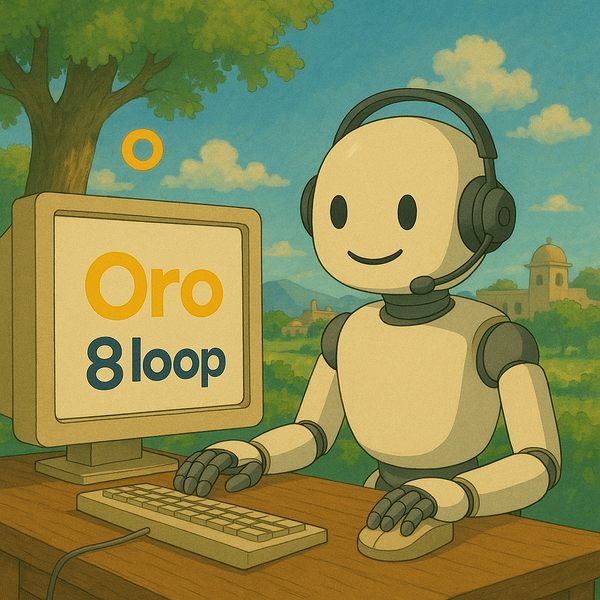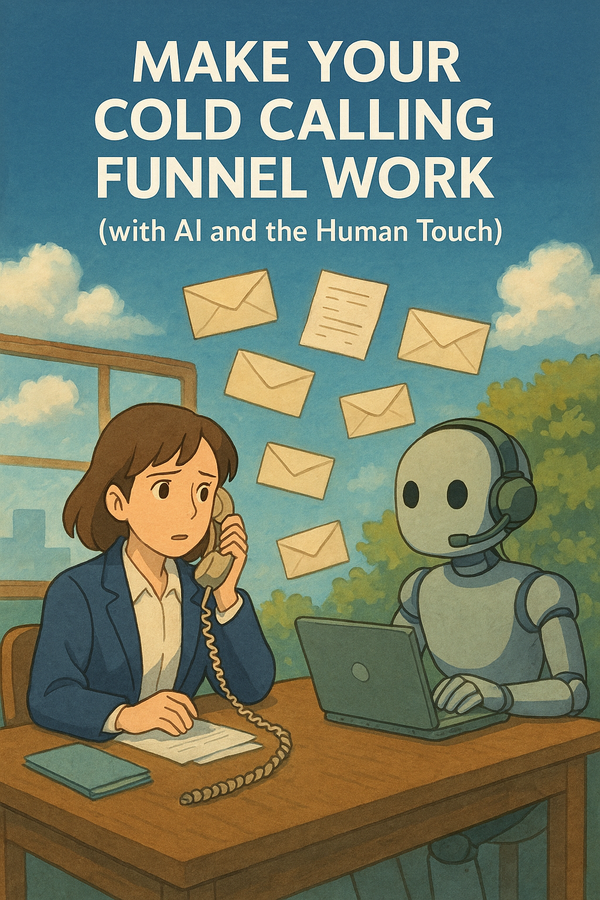No, Risk, and Dopamine

I’ve spent years building products in product roles, and now I’m walking the path of building a company myself. On the surface, it feels like a natural extension. You take your product skills, expand the scope, and apply them.
But the truth is very different. The jump from product leader to founder building from zero isn’t just about skills. It’s about rewiring your brain. I’m early in this journey, and here are the shifts that I’m noticing as I make this transition:
Uncertainty
In a product role, you often have more clarity on who you’re solving for and what problem you’re tackling. The boundaries are clearer, even though execution can still be complex.
As a founder, you live inside uncertainty. The real meaning of uncertainty is learning to be in love with questions, even when there are no answers. Every day is a test of holding ambiguity.
Risk
In product roles, risk manifests as a strategic decision, a bet on a roadmap, or a shift in business model.
As a founder, risk is personal. You’re not just trading opportunity cost. You’re staking your career, reputation, and money. You don’t just talk about risk, but you live it.
Gratification
In a product role, dopamine is built into the system. Praise from a manager, a good customer meeting, a KPI ticked off . Every small win gives you a hit.
As a founder, that dopamine disappears. Weeks or months can go by without external validation. The challenge becomes chemical as much as mental — how do you keep moving without the constant hits of reward?
No
In product roles, “no” can be softened — stakeholders debate, priorities shift, and ideas often get a fair hearing.
As a founder, “no” is the default. No from customers. No from investors. No from people you’re trying to hire. Building resilience to face rejection daily is key.
Identity
As a product leader, your identity is tied to the product or portfolio you manage. It’s a badge you wear.
As a founder, identity becomes fluid. You’re forced to ask: What do I stand for? What works for me? The company doesn’t just reflect your work — it reflects you.
Conviction
As a PM, conviction often comes from the founder or leadership team, whose belief in the vision shapes your direction. You channel and build on that conviction.
As a founder, conviction must be built from scratch and often without enough data to prove you’re right. Conviction is no longer handed down. It’s something you have to manufacture and protect, even when everything around you suggests otherwise.
Deep Work and Energy
In product roles, only a fraction of your time is true deep work. The rest is meetings, conversations, and alignment.
As a founder, you suddenly have endless time for deep work, but your brain can’t sustain that intensity all day. The challenge is not about having time, but about pacing your energy.
Gaps as a Mirror
In product roles, you hone specific skills and rely on a larger ecosystem to fill gaps.
As a founder, every gap in your skills is exposed. One day you’re selling, the next you’re handling finance, then hiring, then legal. Each task is a mirror showing you where you need to grow.
Time Management
In product roles, your calendar often drives you. Emails, invites, and meetings structure your day.
As a founder, you wake up to a blank canvas. No one is driving your day but you. That freedom is powerful but also unsettling at first.
Final Reflection
The shift from product leader to founder is not just a change in role. It’s a change in mental operating system.
You go from certainty to questions. From structured risk to deeply personal risk. From conviction borrowed to conviction built. You lose the steady dopamine of validation and trade it for the slow, uncertain burn of building something.
And yet, in that discomfort lies the real growth. I’m learning to thrive in this new operating system.
I’d love to hear from others who’ve walked this path — what else did you notice early on?





